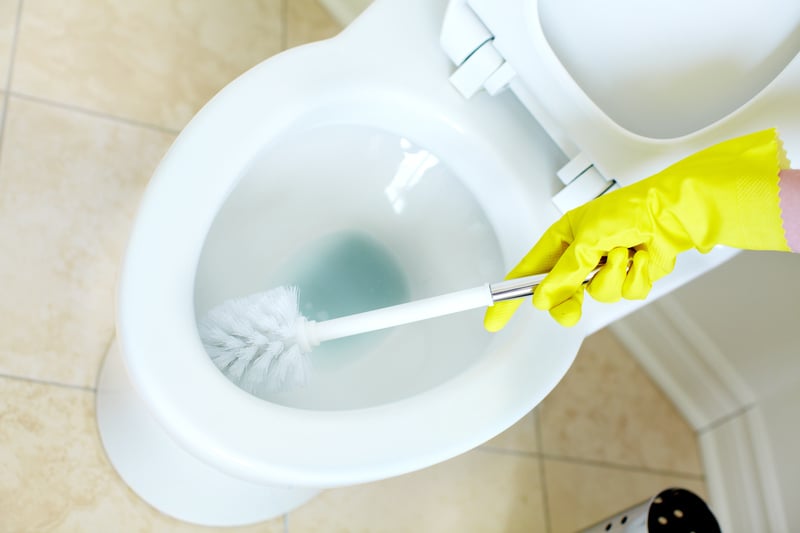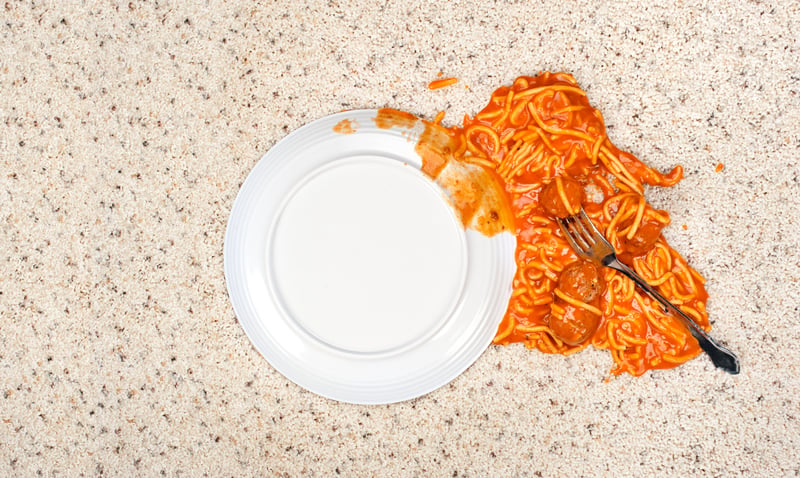Ways for Landlords to Increase Property Value
Posted on 07/02/2025
Being a landlord is not just about collecting rent. It's also about ensuring your property maintains or even increases its value over time. Achieving this requires strategic planning and investments. Here, we explore various ways landlords can enhance property value.
1. Renovate Kitchens and Bathrooms
Kitchens and bathrooms sell homes. Therefore, renovating these spaces can significantly increase the property's value. Consider modern fittings, high-quality materials, and energy-efficient appliances. Even minor improvements like new cabinet handles or a fresh coat of paint can make a big difference.

2. Enhance Curb Appeal
First impressions matter. Enhancing curb appeal by maintaining the lawn, adding landscape features, and ensuring the exterior of the house is well-painted and clean can make a property more attractive. Also, consider modern energy-efficient windows and doors.
3. Upgrade Systems and Appliances
Replacing outdated systems (HVAC, plumbing, electrical) and appliances can add value. Energy-efficient models not only appeal to prospective buyers but can also reduce utility costs, appealing to environmentally conscious renters and buyers.
4. Add Storage Solutions
Buyers and renters desire sufficient storage. Adding built-in storage solutions like wardrobes, closets, or even outdoor sheds can meet this demand and add value to the property.
5. Improve Energy Efficiency
Energy efficiency is a significant value-add. Implementing solar panels, good insulation, energy-efficient windows, and smart thermostats can reduce utility costs and appeal to eco-conscious tenants and buyers.
6. Modernize Interiors
Modern interiors that use neutral colors and contemporary designs can make a property highly attractive. Consider open-plan living spaces, large windows, and updated lighting fixtures.
7. Develop Outdoor Spaces
An inviting outdoor space can greatly enhance property value. Investing in a patio, deck, or even a simple well-maintained garden can provide valuable outdoor living space.
8. Maintain Regular Upkeep
Routine maintenance is essential. Addressing minor issues like leaky faucets, faded paint, or broken tiles can prevent larger problems down the road and keep the property in top condition, preserving its value.
9. Increase Square Footage
If feasible, increasing the property's square footage through extensions or conversions (like converting an attic or basement) can significantly increase property value and rental income.
10. Offer Modern Amenities
Adding amenities like high-speed internet, security systems, or smart home devices can draw favorable attention to your property.
Pros and Cons
Pros:
- Increases property value and rental income.
- Attracts higher-quality tenants or buyers.
- Reduces long-term maintenance costs.
- Positioned better in competitive markets.
Cons:
- High initial investment cost.
- May require significant property downtime.
- Not all improvements guarantee a high return on investment.
Tips
1. Research Local Market: Understand what adds value in your specific market.
2. Budget Wisely: Prioritize upgrades that offer the highest return on investment.
3. Hire Professionals: For major renovations, hire licensed contractors.
4. Stay Updated: Keep up with housing market trends and tenant preferences.
5. Plan for Maintenance: Regular maintenance can save money in the long run.

Takeaways
Investing in property improvements can significantly increase the value and offers a better return on investment. Focus on upgrades that increase functionality, appeal, and efficiency. Regular maintenance is critical in preserving property value.
Conclusion
Increasing the property value requires a strategic approach, focusing on the elements that offer the highest return on investment. By modernizing interiors, enhancing curb appeal, upgrading systems, and regular maintenance, landlords can ensure their property remains attractive and competitive in the market.
Latest Posts
Simple Methods to Transform Your Cleaning Routine the Eco-Friendly Way
Step-by-Step Guide to Effectively Remove Grease Stains Every Time







